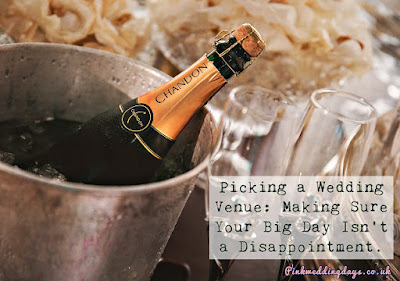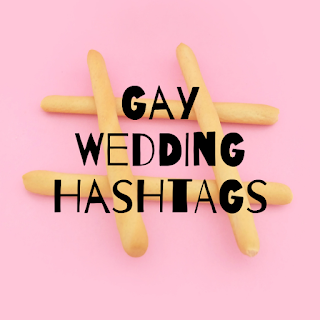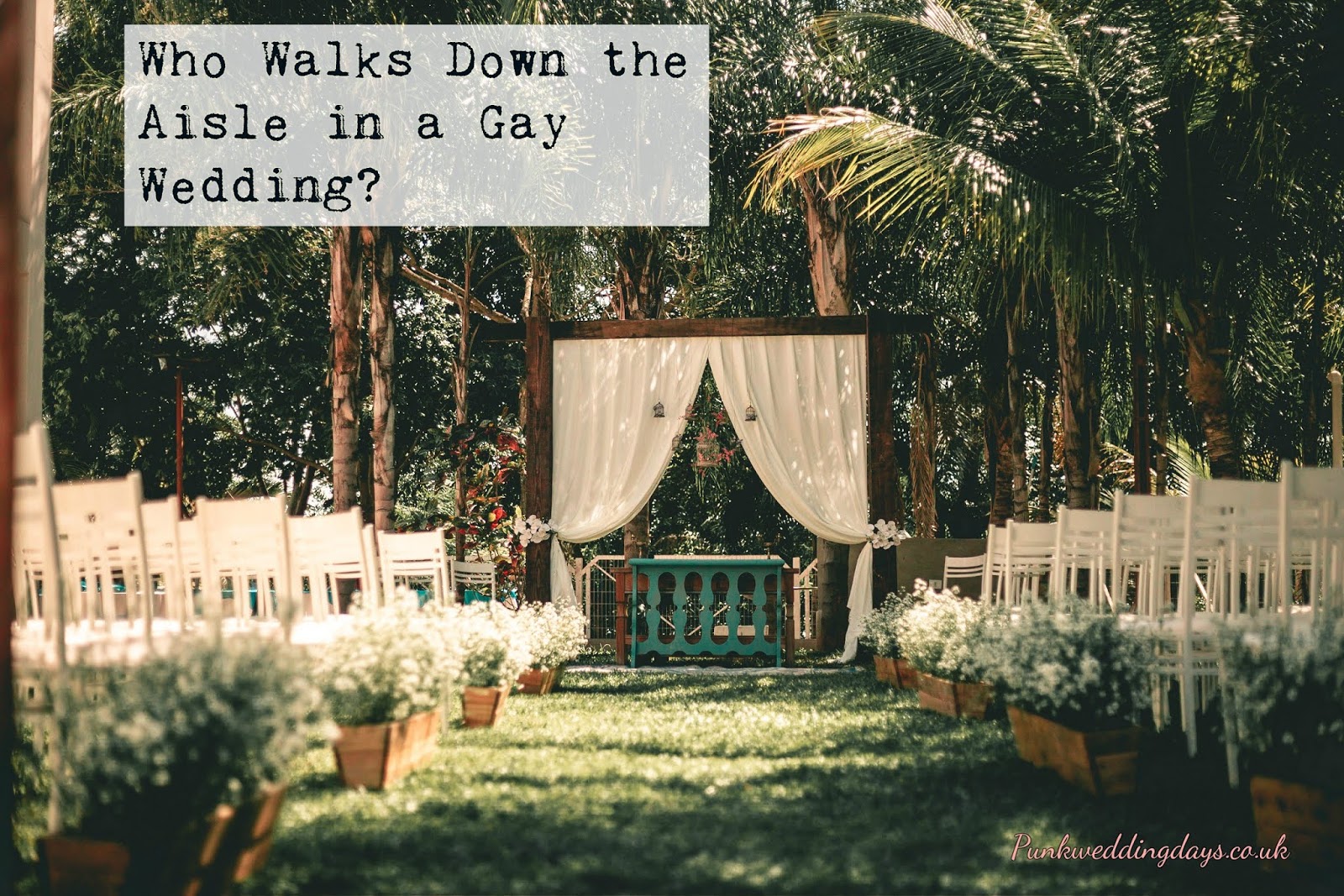Picking a Wedding Venue: Making Sure Your Big Day Isn’t a Disappointment
Do your research.
- Attend open days, read online reviews, talk to anyone with direct experience of the venue: friends, family, employees of the venue, ex-employees, previous couples, and service providers who use the venue regularly.
Use Google and Tripadvisor (cautiously, however), to build up a picture of what they're like, how they work and whether they're suitable for you.
Compare them to other local venues, too.
- Visit the venue on a regular trading day, and go incognito. Sit in the bar or restaurant and look around you. See how the staff handle problems, treat guests, and present their venue when they're not selling it to you.
You'll feel the right venue in the pit of your stomach, but that's no excuse for poor research in the build up to booking it.
- It's important, that the venue has liability insurance. This means that you won't be liable if someone injures themselves during the wedding. If the venue doesn't, then you'll need to purchase your own.
- Wedding insurance might seem an unnecessary expense in the beginning, but it could turn out to be the most important decision you make.
Weddings are months and years in the planning: what if the venue goes bust? What if there’s a fire? or you’re taken ill? what if you’re partner is? What if there's a bereavement in the close family?
Anything could happen between now and your wedding.An insurance policy could save your entire wedding day. It's cheaper than you think.
- You need to make sure that the venue is licensed for wedding and civil partnerships. Some might be able to hold the wedding breakfast and reception but not the ceremony. Don't assume that you can do the whole thing in one place. If the venue doesn't have a license, then it is possible to apply for one.
- Make sure you CAREFULLY read through any contracts BEFORE you sign them. The devil really is in the details. If you’re not legal-minded, find someone who is. Take each clause one-by-one and make sure you know exactly what is expected of you, and, equally, be certain that the venue knows exactly what is expected of them.
Be familiar with the venue's cancellation policy, too. It's boring, we know, but it's important. - Before and after you book a venue it's worth having a proper chat with a wedding coordinator (if one is provided). They can talk you through any restrictions, any recommended suppliers (but don't take their word for it), and any add-ons including additional fees or available discounts.
Here are some questions it's worth answering before you commit:
What are the maximum and minimum numbers the venue is willing to accommodate?
How much is the deposit?
What's the venue's cancellation policy?
How many parking spaces are there?
At what time are guests expected to leave?
Is accommodation available both for the wedding party and the guests? If so, is a discount available?
How many toilets are there? (compare this to the number of guests you'd like to invite).
Does the venue hold an alcohol licence? Can guests bring their own drinks and, if so, is there a corkage fee?
Can you bring in your own caterers and service providers or do you have to use the venue's?
Is it possible to pitch a marquee? Have fireworks? (Not all venues allow for these)
This list is certainly not exhaustive, but it's a start.
Choosing a venue does take some thought, but it doesn't mean you can't enjoy it. Go to the open days, take the goody bags, cake samples, free champagne and canapes and enjoy your engagement.
Get ahead with your wedding planning by using the Pink Wedding Days Directory - it's free!












